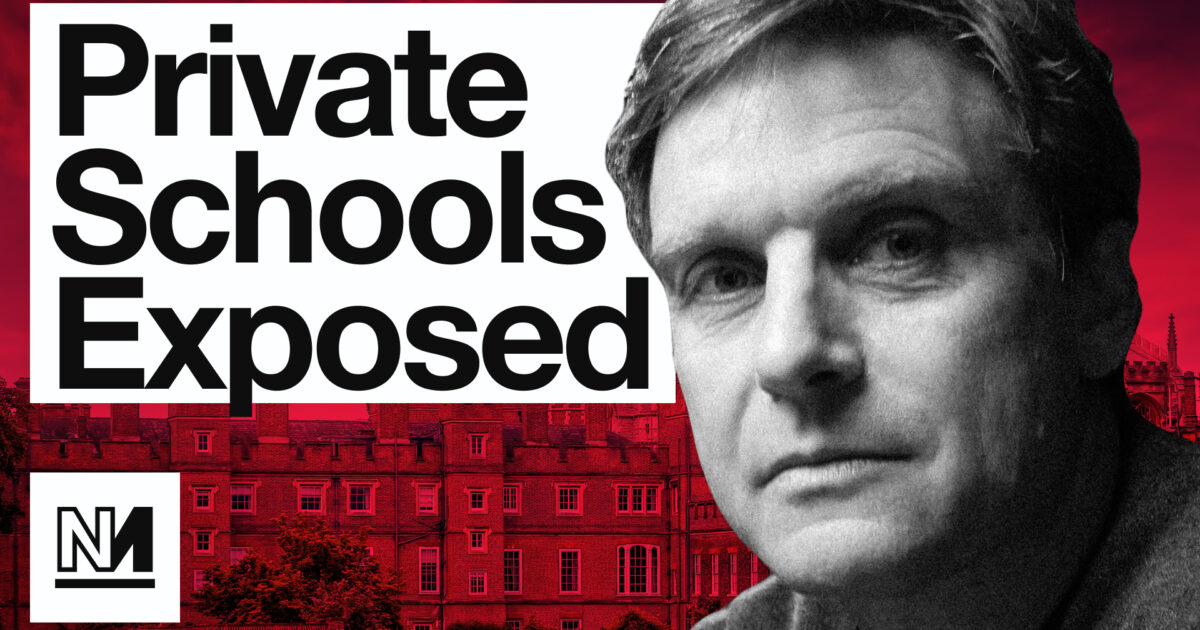Chief
~ Shmalpha ~
- Admin
- #626
Given the return kids have gotten from trust and respect, I don't blame a lot of them for disengaging.Honestly, I think you can chart the decline in respect for authority in the Anglosphere to the amount of households with both parents at work.
Just one look at the enquiries into institutional child abuse and you can see it plain as day.





